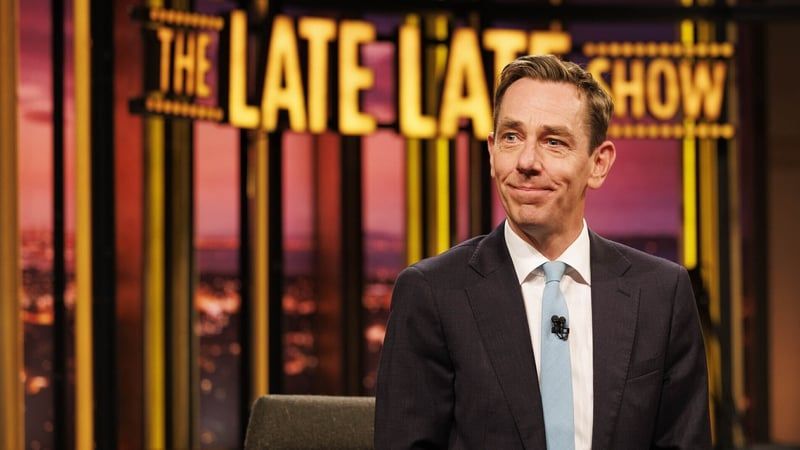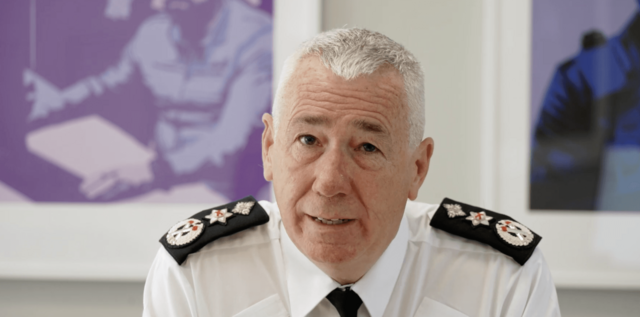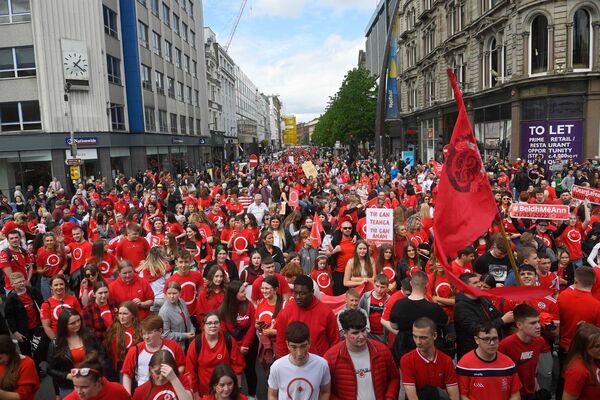THE shenanigans of the past week in RTÉ are not the first time there has been a public scandal involving its Board. In November 1972 the Dublin Government of the day sacked the entire Board of RTÉ, then known as the Authority, for defending the independence of its journalists. What was to follow should have created international outcry and despair as insidious censorship blanketed the 26 counties. But it did not, and this citizen and her peers, and RTÉ itself, were diminished as a result.
When RTÉ was established the Broadcasting Act of 1960 included Section 31. Not, as commonly thought, introduced in the 1970s in response to the conflict; it was interpreted and manipulated by RTÉ management from 1972 to create a stifling atmosphere of journalistic McCarthyism.
When the conflict broke out in the North statements of those engaged in resistance and subsequently emerging military actions were regularly broadcast. Indeed, the beloved and much watched Reeling In The Years benefits from first hand and extensive archive footage from that period. However, in the autumn of 1971 the then Minister for Posts and Telegraphs, Fianna Fáil’s RTÉ Gerry Collins, used his privilege under Section 31 and issued a directive prohibiting the broadcast of 'any matter that could be calculated to promote the aims or activities of any organisation which engages in, promotes, encourages or advocates the attaining of any particular objective by violent means.'
Journalists in RTÉ responded with integrity. In January 1972, one journalist, Kevin O’Kelly, interviewed then IRA Chief of Staff Seán Mac Stiofáin, and read out the transcript. In the ensuing hoo-ha, O’Kelly was backed by the Authority, so the government sacked the Authority. In the next three years this hysteria was expanded by the infamous Conor Cruise O’Brien, who embedded an anti-republican and anti-northern nationalist hatred.
The enforced interpretation of Section 31 spread from not broadcasting IRA or Sinn Féin statements to ignoring the experience of northern nationalism, to banning union shop stewards who were also members of Sinn Féin, and having an editorial bent which criminalised militant republicanism while simultaneously legitimising militant Britain and militant unionism. As a nation embroiled in conflict, we had our enquiring capacity neutered, but more importantly, the potential for peace, justice and resolution diminished. Shamefully, the voices of the most harmed and the most vulnerable were silenced.
That is not to say that journalists with integrity did not work in RTÉ, they did. But they worked in an environment of witch hunt and 'Free Statism'.
My generation, Generation X, was reared in censorship and deliberately blinded. To be informed, we needed to seek out uncensored narratives and the voices that had been absent.
It is not without irony that it is now Sinn Féin TDs who chair the committees holding the current RTÉ Board to account. This Board could not be more different to the Authority of 1972, who stood in defence of journalists and their integrity. Indeed, RTÉ’s moral collapse following 1972 is at the heart of the corrupt darkness on display now. But the good news is the journalists and broadcasters with integrity will shine again and a fresh start is possible.
With RTÉ reform inevitable and the BBC withdrawing from the northwest (potentially ahead of the United Ireland curve), a new, truly national, uncensored and ethical broadcaster is the opportunity presented.








